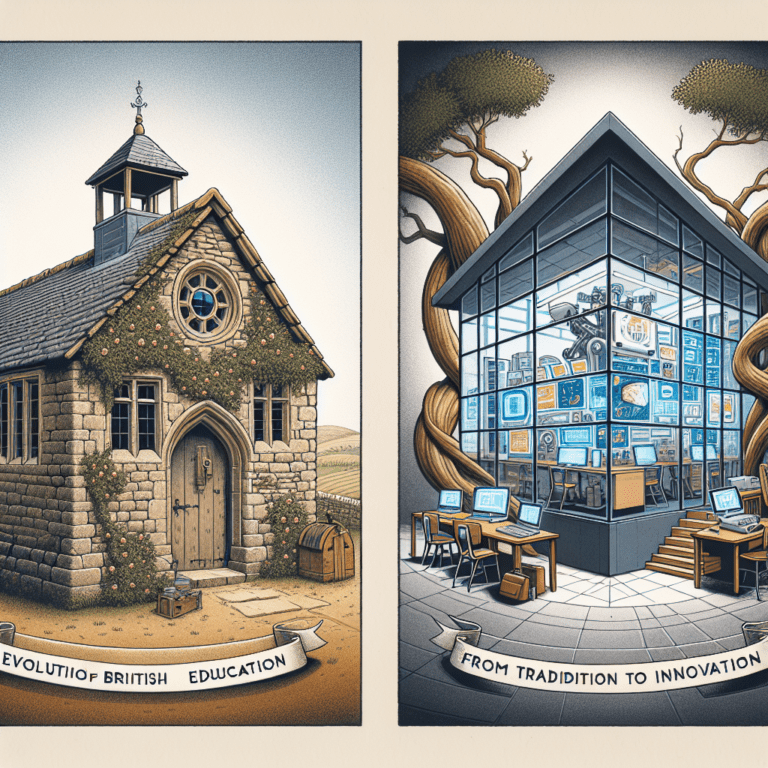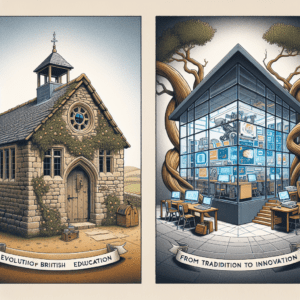The British education system has a long and storied history, dating back to the establishment of some of the world’s most prestigious universities in the Middle Ages. Over the centuries, the system has undergone numerous changes and evolutions, adapting to the shifting needs of society and the demands of a rapidly changing world.
Traditionally, education in Britain was reserved for the privileged few, with only the wealthy and well-connected having access to formal schooling. The first schools were often run by the church or other religious institutions, teaching a curriculum focused on classical languages, literature, and the arts.
It wasn’t until the 19th century that education in Britain began to undergo significant reforms, with the introduction of compulsory education for all children. The Education Act of 1870 established the framework for a national system of education, providing funding for schools and mandating that all children between the ages of 5 and 13 attend school.
The early 20th century saw further changes to the British education system, with the introduction of secondary education for all children and the establishment of a system of standardized exams known as the “11-plus.” This exam determined which children would go on to grammar schools, where they would receive a traditional academic education, and which would attend secondary modern schools, where they would learn practical skills for the workforce.
In the latter half of the 20th century, the British education system saw a shift towards greater equality and diversity. The comprehensive school system, introduced in the 1960s, aimed to provide a more inclusive and egalitarian education for all children, regardless of their background or ability.
In recent years, the British education system has continued to evolve, with a greater emphasis on innovation and adaptability. The rise of technology and the digital age has led to a growing focus on STEM (science, technology, engineering, and mathematics) education, as well as the integration of digital tools and resources into the classroom.
Additionally, there has been a greater recognition of the importance of vocational and technical education, with an emphasis on providing students with practical skills and real-world experience to prepare them for the workforce.
Overall, the evolution of British education from tradition to innovation reflects a broader shift in society towards a more inclusive, diverse, and dynamic approach to learning. As the world continues to change and evolve, the British education system must also continue to adapt, ensuring that all students have the opportunity to thrive and succeed in an ever-changing world.







